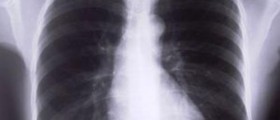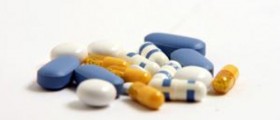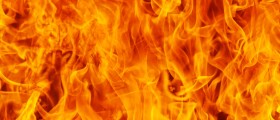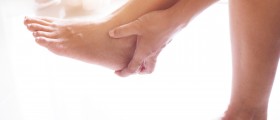
Introduction to night sweats
Night sweats is the name of the condition where a person seats excessively during the night while they sleep.
Sometimes heat issues will lead to night sweats, which is fine. If the bedroom is very hot or the clothes and blanket the person is sleeping in are too hot, then a person could sweat, naturally.
Night sweats are different because there is usually a medical reason behind the sweating, and doctors usually refer to night sweats as a person having severe hot flashes during the night that literally leave the person and the sheets completely drenched with sweat.
It is also a very common condition.
Causes of night sweats
There are essentially eight possible causes for night sweats, and a doctor should be visited in order to determine what is causing a person to sweat so profusely while sleeping.
Menopause often causes the night sweats in many women who have reached that age. Hot flashes are a common part of menopause, so women who are in menopause can often experience night sweats.
Idiopathic hyperhidrosis is a condition in which the body will constantly be producing too much sweat without any specific reason behind it.
Infections such as tuberculosis can be associated with night sweats.
Bacterial infections and the inflammation that usually follows them can cause night sweats as well. Night sweats are also a common symptom of AIDS and the HIV infection.
Night sweats can also be an early symptom of cancer. People who have not diagnosed their cancer yet often experience night sweats, as well as unexplained fevers and a loss of weight.
Medications are a very common cause of night sweats. Night sweats are caused by many drugs and sweating is one of the main side effects of prescription drugs. Antidepressant medications can often lead to sweating, sine all types of antidepressants list sweating as a potential side effect. Other psychiatric drugs can cause night sweats as well.
Medication that works to decrease fevers, like Aspirin or acetaminophen, can lead to night sweating as well.
Some drugs that can cause flushing and hot flashes include niacin, tamoxifen, hydralazine, nitroglycerine, and Viagra.
Prednison can also cause flushing and night sweats, as can insulin and anti-diabetic medication.
Hormone disorders often lead to an increased amount of sweating as well.
Neurological conditions such as autonomic dysreflexia, post-traumatic syringomyelia, strokes and autonomic neuropathy can increase sweating drastically and lead to a serious case of nigh sweats.














-In-Adults_f_280x120.jpg)


Your thoughts on this
Loading...